Adderall
Active Ingredient(s): Amphetamine + DextroamphetamineCategory: ADD / ADHD
Adderall is used in the treatment of attention deficit hyperactivity disorder (ADHD) and narcolepsy. It is also used as an athletic performance enhancer, cognitive enhancer, appetite suppressant, and recreationally as an aphrodisiac and euphoriant. It is a central nervous system (CNS) stimulant of the phenethylamine class.
1022 DiscussionsBoxed Warning
AMPHETAMINES HAVE A HIGH POTENTIAL FOR ABUSE. ADMINISTRATION OF AMPHETAMINES FOR PROLONGED PERIODS OF TIME MAY LEAD TO DRUG DEPENDENCE AND MUST BE AVOIDED. PARTICULAR ATTENTION SHOULD BE PAID TO THE POSSIBILITY OF SUBJECTS OBTAINING AMPHETAMINES FOR NON-THERAPEUTIC USE OR DISTRIBUTION TO OTHERS, AND THE DRUGS SHOULD BE PRESCRIBED OR DISPENSED SPARINGLY.
MISUSE OF AMPHETAMINE MAY CAUSE SUDDEN DEATH AND SERIOUS CARDIOVASCULAR ADVERSE EVENTS.
Contraindications
Adderall should not be used by patients with the following conditions:
- Advanced arteriosclerosis, symptomatic cardiovascular disease, moderate to severe hypertension, hyperthyroidism, known hypersensitivity or idiosyncrasy to the sympathomimetic amines, glaucoma.
- Agitated states.
- Known hypersensitivity or idiosyncrasy to amphetamine.
- Patients with a history of drug abuse.
- In patients known to be hypersensitive to amphetamine, or other components of Adderall®. Hypersensitivity reactions such as angioedema and anaphylactic reactions have been reported in patients treated with other amphetamine products.
- Patients taking monoamine oxidase inhibitors (MAOIs), or within 14 days of stopping MAOIs (including MAOIs such as linezolid or intravenous methylene blue), because of an increased risk of hypertensive crisis.
Possible Side Effects
Cardiovascular: Palpitations, tachycardia, elevation of blood pressure, sudden death, myocardial infarction. There have been isolated reports of cardiomyopathy associated with chronic amphetamine use.
Central Nervous System: Psychotic episodes at recommended doses, overstimulation, restlessness, irritability, euphoria, dyskinesia, dysphoria, depression, tremor, tics, aggression, anger, logorrhea, dermatillomania.
Eye Disorders: Vision blurred, mydriasis.
Gastrointestinal: Dryness of the mouth, unpleasant taste, diarrhea, constipation, intestinal ischemia and other gastrointestinal disturbances. Anorexia and weight loss may occur as undesirable effects.
Allergic: Urticaria, rash, hypersensitivity reactions including angioedema and anaphylaxis. Serious skin rashes, including Stevens-Johnson syndrome and toxic epidermal necrolysis have been reported.
Endocrine: Impotence, changes in libido, frequent or prolonged erections.
Skin: Alopecia.
Musculoskeletal: Rhabdomyolysis.
Drug Abuse and Dependence
Adderall (Dextroamphetamine saccharate, amphetamine aspartate, dextroamphetamine sulfate and amphetamine sulfate tablets (Mixed salts of a single entity amphetamine product)) is a Schedule II controlled substance.
Amphetamines have been extensively abused. Tolerance, extreme psychological dependence, and severe social disability have occurred. There are reports of patients who have increased the dosage to levels many times higher than recommended. Abrupt cessation following prolonged high dosage administration results in extreme fatigue and mental depression; changes are also noted on the sleep EEG. Manifestations of chronic intoxication with amphetamines include severe dermatoses, marked insomnia, irritability, hyperactivity, and personality changes. The most severe manifestation of chronic intoxication is psychosis, often clinically indistinguishable from schizophrenia.
Overdosage
Symptoms of amphetamine overdose include restlessness, tremor, hyperreflexia, rapid respiration, confusion, assaultiveness, hallucinations, panic states, hyperpyrexia and rhabdomyolysis. Fatigue and depression usually follow the central nervous system stimulation. Serotonin syndrome has also been reported. Cardiovascular effects include arrhythmias, hypertension or hypotension and circulatory collapse. Gastrointestinal symptoms include nausea, vomiting, diarrhea and abdominal cramps. Fatal poisoning is usually preceded by convulsions and coma.
References:
Dosage List
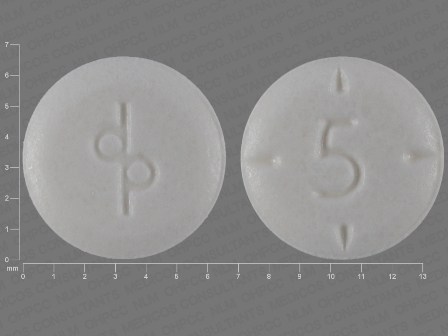
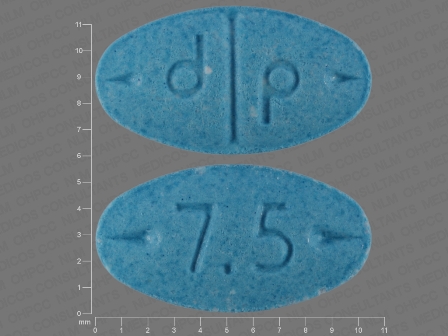
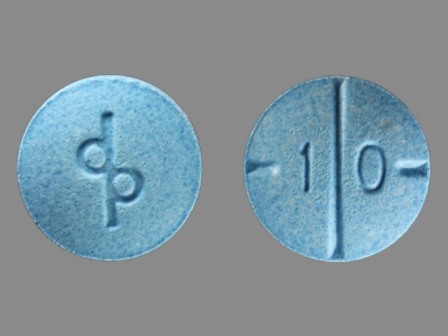
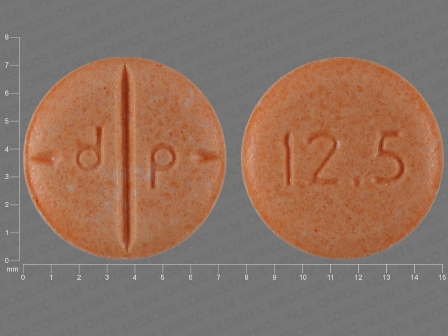
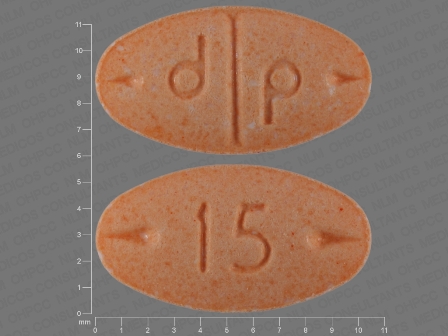
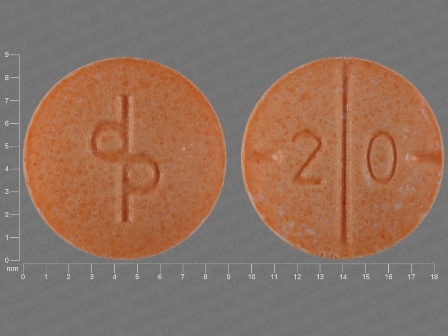
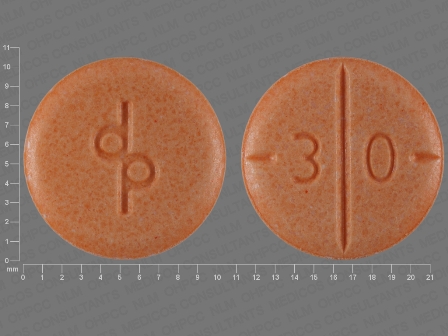
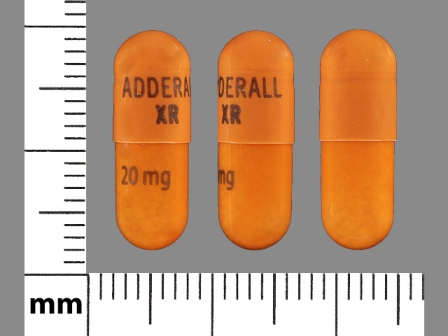
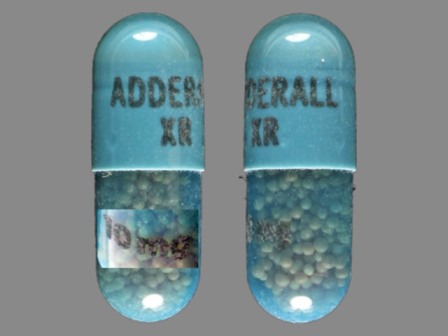
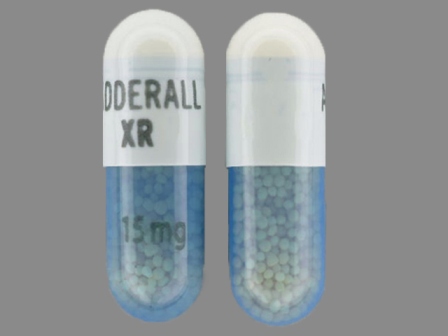
Related Brands
Drugs with the same active ingredientsPopular Topics
I take generic Adderall 20 mg for narcolepsy and there is not one local pharmacy that has it in stock. I have never had ...
I have had two refills of Adderall 20 mg that was manufactured by Teva/barr (Teva) and it seems to have much less medica...
Hey guys. Most of us are probably in the same boat--our Adderall doesn't work and it's horrible and we can't...
Pharmacy recently switched me to new generic brand (blue capsule) of adderall XR. I have never seen this brand and I don...
I recently switched from adderall xr 30mg to adderall ir 20mg because of the price of the medication. Now im in space an...
Are these suppose to have the beads inside them or is it powder form? Theyre orange 30mg capsuls with R-3061 on them. To...
I tried to run my script through my Cigna Medicare health insurance plan like I always do and it comes out to be around ...
I have a prescription for 20 mg Adderall IR and my generic options are Aurobindo, Teva or Sandoz. Which one of these wou...
I was taking 15mg Adderall XR white and clear capsules with blue inside and they worked great for about 6-8 hours then I...
PLEASE someone help me understand this new medication my doc just put me on. Never taken Adderall before and wanting to ...